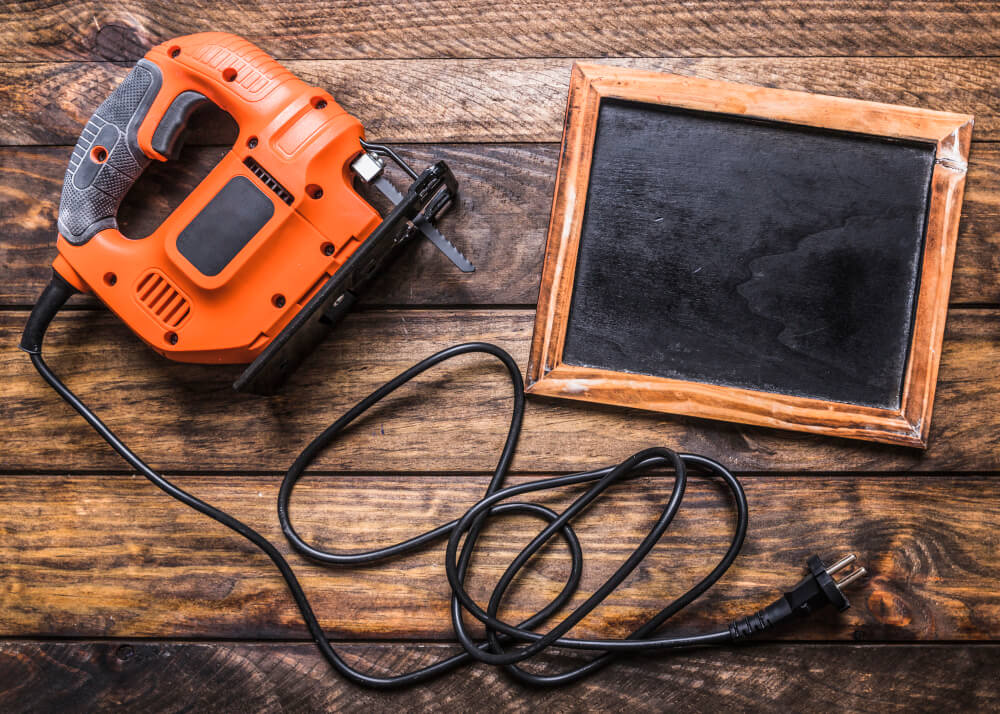Both professionals and do-it-yourselfers find resonance in the term Porter Cable. Known for its reliable tools, the brand has been a staple in workshops for decades. But recently, many have wondered, Is Porter Cable still in business? In this blog post, we’ll explore the brand’s history, current status, and its contributions to the tool industry. Let’s dive in.
History of Porter Cable
Porter Cable was founded in 1906 by R.E. Porter, G.G. Porter, and F.E. Cable in Syracuse, New York. What began as a small machine and tool shop quickly grew into one of the most recognized names in power tools.
The company introduced several industry firsts, including the portable belt sander (1926) and the portable electric router (1961)—both of which became essential tools for woodworkers and contractors. In the 1980s, Rockwell International acquired Porter Cable, expanding its reach and cementing its reputation for durable, professional-grade tools.
Over time, however, competition and shifting markets led to multiple ownership changes. Today, Porter Cable is owned by Stanley Black & Decker, the same company behind brands like DeWalt and Craftsman.
Is Porter Cable Still in Business?
Yes—Porter Cable is still in business. But its presence is not what it used to be. Under Stanley Black & Decker, the brand has taken a back seat to stronger names like DeWalt and Craftsman. As a result, Porter Cable’s visibility and product range have shrunk.
Once known for a wide lineup of power tools, the company has scaled back, focusing mainly on air compressors, nail guns, staplers, and a few bench tools. While some loyal fans feel the brand is fading, Porter Cable still makes reliable, budget-friendly products.
What Does Porter Cable Do Today?
Porter Cable continues to make tools geared toward both professionals and hobbyists. Their products are valued for being simple, functional, and affordable—without the extra frills.
Currently, the brand is best known for:
- Air compressors (compact, portable models for home and job sites)
- Staples and nail guns ( are inexpensive construction fastening equipment
- Bench tools (grinders, sanders, etc., for woodworking and metalwork)
- Some corded tools (though cordless innovation is no longer their focus)
Porter Cable Today: What Products Does It Still Make?
Porter Cable’s product lineup has shrunk compared to its heyday. However, the brand still offers a range of tools that cater to specific needs. Let’s take a closer look at what Porter Cable manufactures today.
Air compressors are one of the brand’s standout offerings. Porter Cable continues to produce compact, portable air compressors that are great for home and professional use. These are widely appreciated for their efficiency and ease of operation.
The brand also makes nail guns and staplers. These tools are popular among carpenters and contractors who need reliable fastening solutions. Porter Cable nail guns are known for their affordability, making them accessible to a broader audience.
Another area where Porter Cable shines is bench tools. Products like bench grinders and sanders are still available under the brand. These tools are essential for woodworkers and metalworkers who demand precision and durability.
While cordless power tools are no longer a major focus, Porter Cable still offers some corded options. These tools are ideal for users who don’t mind the limitations of a power cord in exchange for reliability.
Porter Cable has been around since 1906, earning a reputation for durable and reliable tools. The company is best known for its innovations, like the first portable belt sander and the helical-drive circular saw, which changed the way professionals and DIYers work.
Unlike flashier brands, Porter Cable has always focused on utility and performance. Contractors and woodworkers have long trusted its tools because they’re built tough and reasonably priced. That balance of quality and affordability has made the brand accessible to both pros and hobbyists.
Another plus is compatibility—many of its tools and accessories work well with other brands, giving users flexibility when building out their toolkits. Combined with decent customer support, this helped Porter Cable build a loyal following over the decades.
Is Porter Cable Financially Stable?
Porter Cable is owned by Stanley Black & Decker, which also owns powerhouse brands like DeWalt and Craftsman. That backing gives Porter Cable stability, but it’s also part of the problem—Stanley tends to put more focus (and marketing dollars) behind its other brands.
As a result, Porter Cable’s visibility has declined. While you can still find its products at retailers like Lowe’s and Home Depot, the lineup isn’t as wide or innovative as it used to be. Sales have dipped compared to competitors who are pushing newer technologies and more aggressive marketing.
Still, Porter Cable hasn’t disappeared. Its tools—especially air compressors, nail guns, and bench tools—remain available and continue to attract buyers who value affordable reliability.
The Future of Porter Cable
The big question is whether Porter Cable can stay relevant. The tool industry is moving fast, with brands like DeWalt, Milwaukee, and Makita leading the way in smart tools, advanced batteries, and ergonomic designs. Porter Cable, meanwhile, hasn’t kept pace with innovation.
The brand must update its lineup and make marketing investments if it hopes to endure over the long run.Highlighting its legacy, affordability, and durability could help, but without fresh ideas, it risks being left behind.
Partnerships—such as with trade schools or training centers—could also give Porter Cable a boost by introducing its tools to the next generation of professionals. Ultimately, its fate depends on how much Stanley Black & Decker chooses to invest in it.
Conclusion
Yes, Porter Cable is still in business, but it’s not the powerhouse it once was. Its legacy and loyal customers keep it alive, yet the lack of innovation and reduced visibility are challenges it must overcome.
For now, Porter Cable remains a trusted name for no-nonsense tools that get the job done—but its future depends on whether it can adapt to a changing market.
Also Read:

